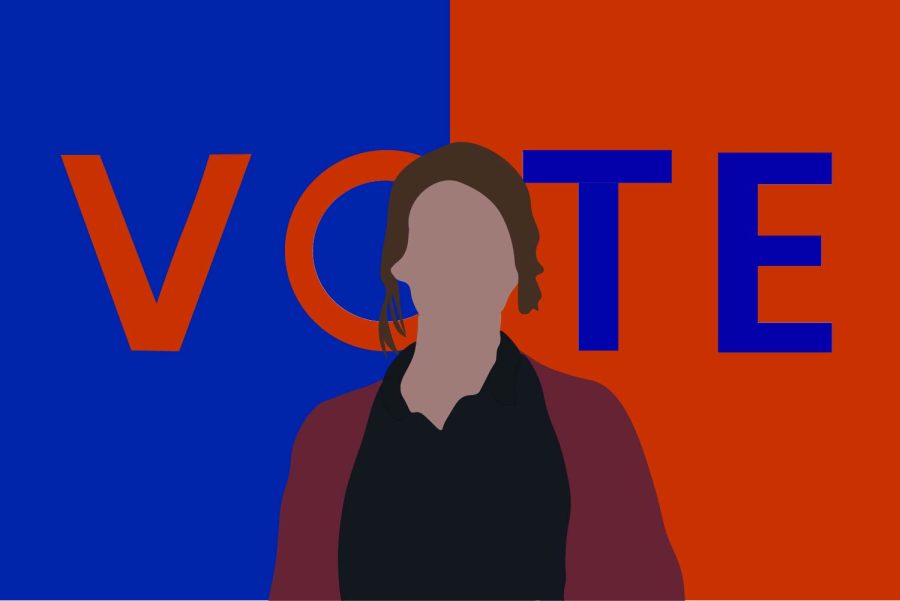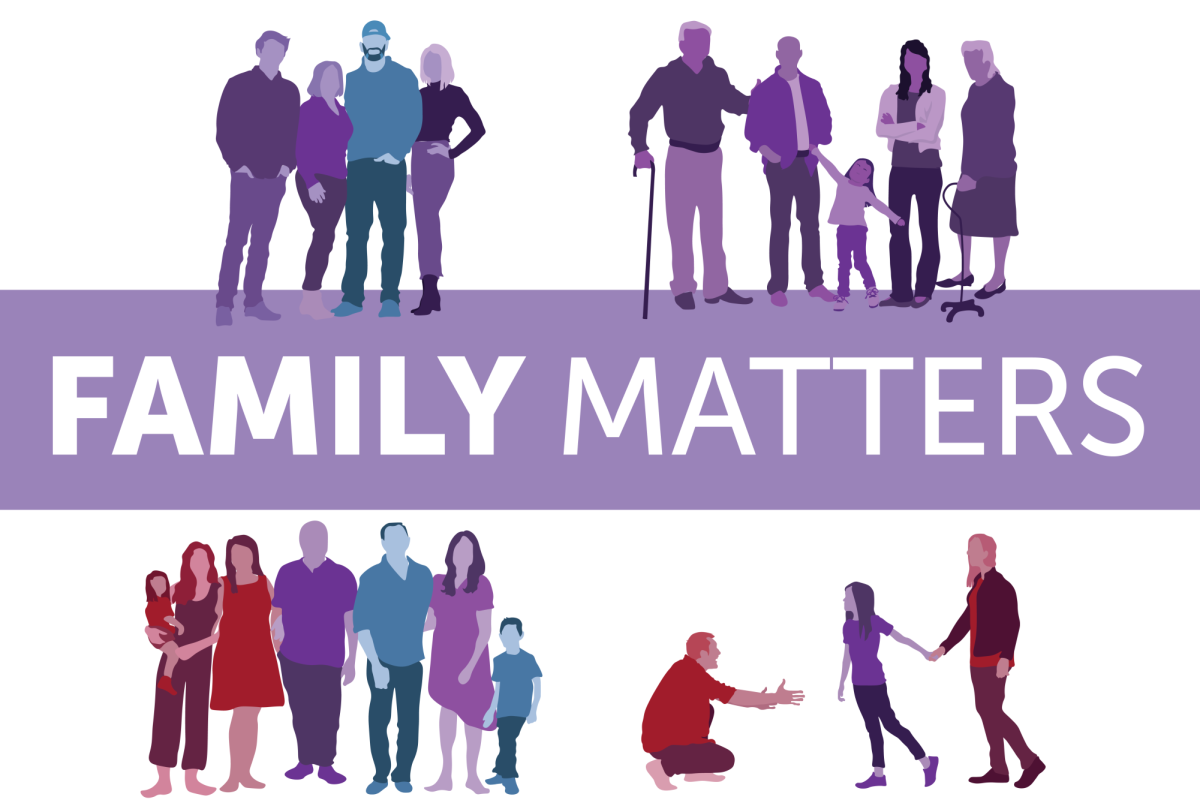Generations are typically defined as twenty year periods in which the individuals are about the same age and have similar ideas, problems, attitudes, experiences, etc. In the past, this seemed to make sense. Events like the world wars, the Great Depression, the hippie movement, space exploration and others throughout the 1900s were drawn out and easily supported the twenty year definition.
Today, this definition is outdated. Beginning in about 1990, the world changed so much that the way we specify generations may never be the same. Because of the rise of interactive media, the current generation is unique from all generations before or after it.
In the mid-1970s, the first computers began being sold commercially, although they were not the computers we think of today. From that point, technology slowly began to develop and expand as the years went on.
In 1991, the Internet as it is known today was just beginning to form and become widely used. Quickly, the number of people utilizing the Internet and the things it was used for began expanding. Because of this, children who were born in the 1989-1999 time period are very unique from others before or after them.
Before 1989, kids would have grown up separate from the Internet, growing independently from it. After 1999, children started experiencing constant technology interaction at birth and have grown up very connected to it, but those born within the time frame have seen its evolution and grown alongside its development, separating their experiences from all other youth.
Now, thanks to massive technological advances, specifically in communication, things can change rapidly and easily. Generations can no longer be defined by lengthy, society-altering events because they no longer exist. The generation born between 1989-1999, growing up parallel to the rise of technology, may have been the first generation to last only a decade and the last real generation.














